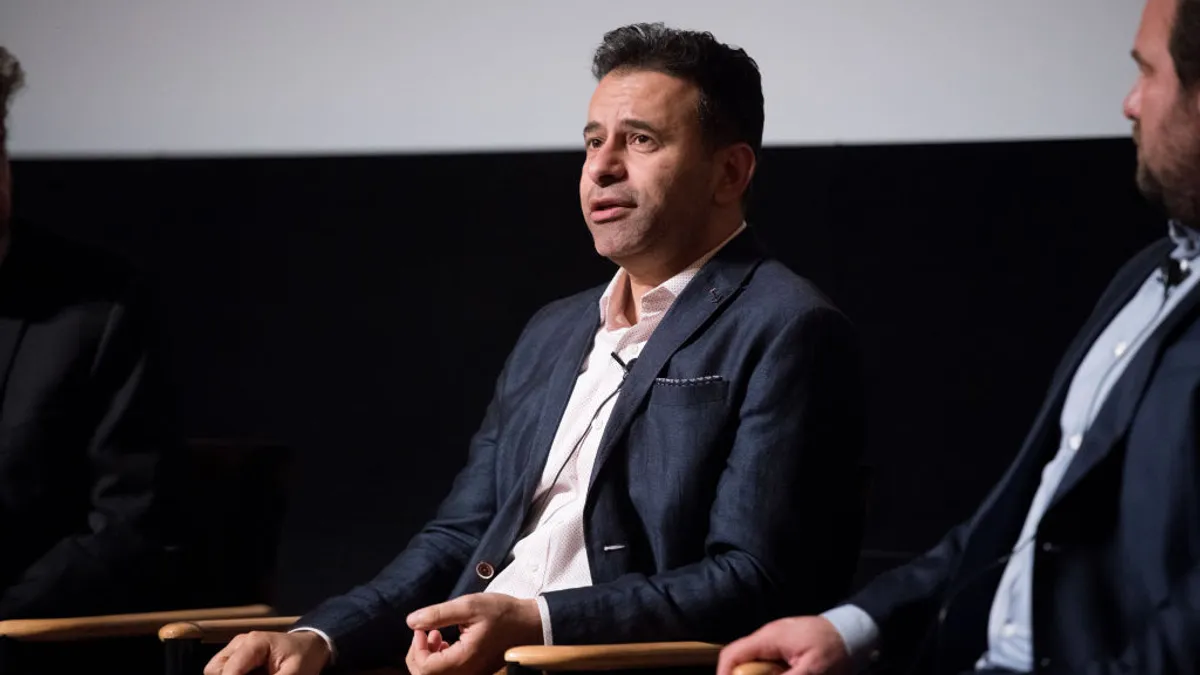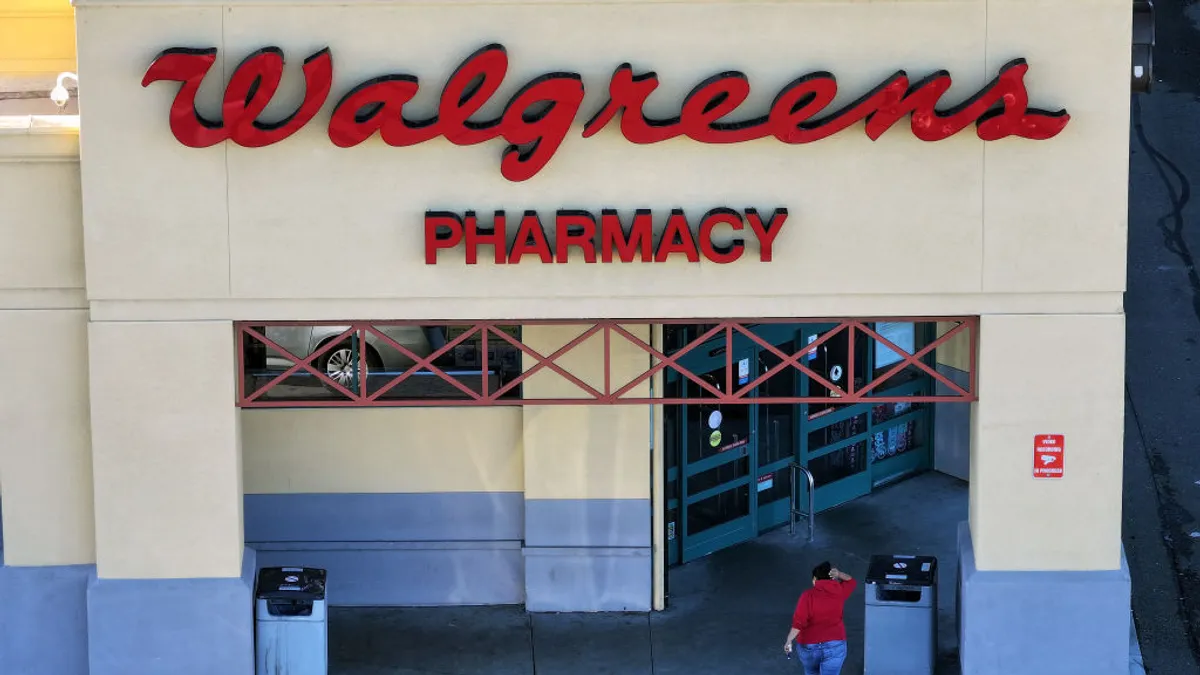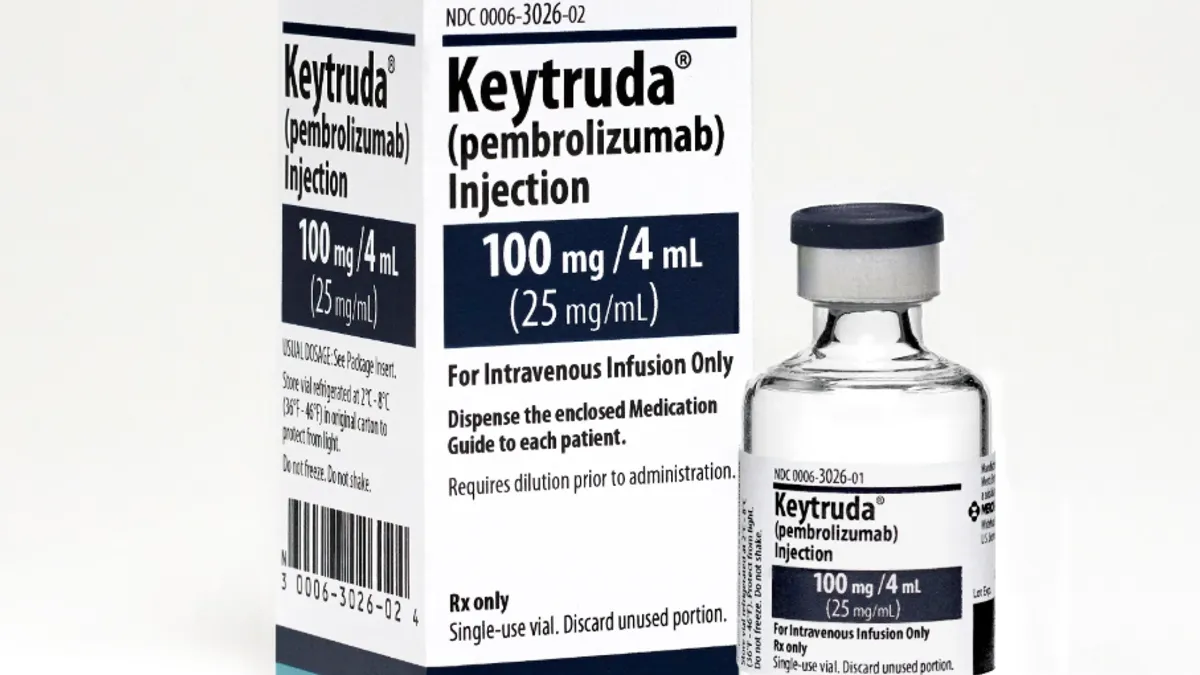Next-Generation Immuno-Oncology
Stephen Isaacs, President and CEO of Aduro Biotech, talks about the company’s research
of a small molecule that acts as a personalized “vaccine" against cancer.
In recent years, we have seen the development and approval of immuno-oncology therapies that  increase the strength of immune responses against tumors. These therapies have been a tremendous advance for patients fighting serious cancers. But immuno-oncology therapies also have limitations. These therapies are costly, and patients can have severe immune reactions.
increase the strength of immune responses against tumors. These therapies have been a tremendous advance for patients fighting serious cancers. But immuno-oncology therapies also have limitations. These therapies are costly, and patients can have severe immune reactions.
A new approach by Aduro Biotech aims to address these limitations by creating an off-the-shelf small molecule that is a personalized immunotherapy. Aduro’s STING Pathway Activator platform is based on the activation of the cytoplasmic STING (Stimulator of Interferon Genes).
Natural STING Pathway Activators are small molecules expressed by bacteria and immune cells. An enzyme in the cytoplasm called cGAS makes a molecule called a cyclic dinucleotide (or CDN) in response to having DNA in the cytoplasm. CDN binds to STING, which is present in all cells including the immune cells. This is a call to the immune system to ramp up to defend the body. When STING receives CDN, it generates through complex process molecules such as cytokines and chemokines, and those go on to signal the antigen-producing cells, the dendritic cells, that they need to produce T cells to fight cancer.
Aduro has developed synthetic STING Pathway Activators with higher activity than the STING ligands produced naturally. These small molecule CDNs are being developed for direct injection into tumors to stimulate an immune response against antigens present in the tumor. The process can use the tumor itself as a “vaccine," enabling a tumor-specific immune response that is unique to the treated individual.
“By activating STING with more powerful molecules than nature provides, we have shown in preclinical models that we can, in fact, turn dendritic cells on," says Stephen Isaacs, president and CEO of Aduro Biotech. “Dendritic cells are the master cells that find the antigens that are in mutated tumor cells; they make a T cell army that fights the antigens and gets rid of them. The natural response just simply isn’t strong enough."
Aduro’s lead molecule, ADU-S100/MIW815, is the first therapeutic in development specifically targeting STING. In collaboration with Novartis, it is being tested in a Phase I clinical trial in cutaneously accessible tumors, including breast, head-and-neck, and renal cell cancers, as well as melanoma and lymphoma. The trial is evaluating the ability of ADU-S100 to activate the immune system and recruit specialized immune cells to attack the injected tumor.
In addition, the companies are evaluating the combination of ADU-S100 with an anti-PD-1 checkpoint inhibitor for the treatment of advanced/metastatic solid tumors or lymphomas in a global Phase Ib study.
“The remarkable thing is that we inject this material into a tumor but then the T cells go all over the body," Mr. Isaacs says. “This is what convinced Novartis to collaborate with us on this technology. We can have a mouse with a tumor on its side and this army of T cells can find the tumors in the lung and clear them."
Mr. Isaacs says this is an important mechanism for addressing micrometastases throughout the body, and it has the advantage of potentially being able to address multiple cancers, including pancreatic cancer, melanoma, squamous cell, basal cell, triple negative breast cancer, head and neck cancer, and lymphoma.
Mr. Isaacs says another advantage of this approach is because with a small molecule there is no need to construct individualized antigens for specific patients.
Aduro is also developing a complementary platform called Live, Attenuated Double-Deleted Listeria (LADD). It is based on proprietary attenuated strains of Listeria engineered to express tumor antigens to induce specific and targeted immune responses.
“We modify a bacteria to make it safe so that we can give 1 billion-colony forming units of the bacteria to the patient through an IV to mount an immune-response," Mr. Isaacs says. “We also modify the bacteria to make it effective, and that’s done by inserting markers that are found in the cancer cells so that when the army of T cells is created, it recognizes those markers and then goes specifically after those cells in attempts to kill them."
Janssen Biotech licensed two separate LADD product candidates for prostate and lung cancers. Janssen is conducting two Phase I trials of LADD agents: one evaluating ADU-741/JNJ-64041809, engineered to stimulate an immune response to multiple cancer antigens in patients with prostate cancer and a second evaluating ADU-214/JNJ-64041757, engineered to stimulate an immune response to the antigens mesothelin and EGFRvlll in patients with lung cancer.
Janssen has also licensed this compound for prostate cancer and will be conducting additional preclinical testing before proceeding with additional studies.
Aduro announced in December it was discontinuing its own programs based on the LADD technology. Preliminary results from the company’s Phase II trial in gastric cancer and Phase I trial in ovarian cancer showed there was insufficient clinical activity. The company will not continue advancement of CRS-207.
Aduro also has a third platform using B-select monoclonal antibodies isolated from the spleen or lymph nodes of immunized animals. Aduro has several preclinical monoclonal antibodies that include antagonists and checkpoint inhibitors, which are intended to activate the immune system by removing suppression.
In addition, Aduro has developed agonists, which are unique antibodies that stimulate immune responses when cancer is not detected by the immune system. The company’s lead candidate within this program is BION-1301, a proprietary monoclonal antibody targeting APRIL, which the company intends to evaluate in patients with multiple myeloma.
Aduro is collaborating with Merck for the development and commercialization of CD27 antibody agonists. Merck has selected an anti-CD27 antibody identified through Aduro’s B-select monoclonal antibody technology to advance into the clinic. Aduro’s anti-CD27 antibody targets the CD27 co-stimulatory pathway, an important component in stimulating an anti-cancer immune response.
CD27 is a co-stimulatory receptor expressed on different immune cells, such as T-lymphocytes and NK (natural killer) cells. It has an important role in priming, enhancing and sustaining a productive anti-cancer (CD8 T-cell) adaptive immune response. In preclinical studies, anti-CD27 activation in combination with immune checkpoint inhibition has demonstrated the ability to achieve complete tumor eradication. (PV)



















